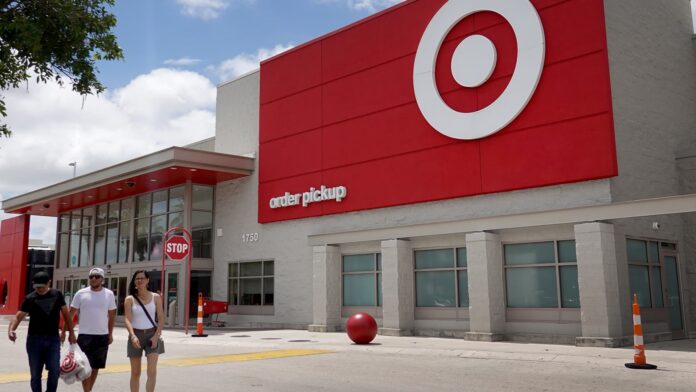Shares of Target could be under stress as consumers pull back spending in discretionary categories amid historically high inflation, according to Bank of America. Bank of America on Wednesday downgraded Target to neutral from buy. The firm also slashed its price objective on the stock to $165 from $235. The new price target implies just 5.8% upside from Tuesday’s closing price “We believe valuation pressure from discretionary category risks will likely offset strong long-term positioning,” Bank of America’s Robert Ohmes said in a research note. Target on Tuesday warned investors its profits will take a short-term hit as it takes aggressive steps to get rid of extra inventory by canceling orders and marking down unwanted items. The retailer slashed its operating margin rate expectations for the second quarter to around 2%, compared with its previous estimate of 5.3%. The big-box giant three weeks ago reported weaker-than-expected quarterly results as the company said supply chain troubles, higher fuel costs and weaker sales of discretionary merchandise hurt performance. Shares of Target have suffered recently, down are down 30.7% in the past month and 32.6% lower this year. Target has a higher relative exposure to discretionary categories than other big-box peers. General merchandise comprised more than half of Target sales in 2021, while it made up about 32% of Walmart’s U.S. sales, Bank of America noted. Meanwhile, other comparable discretionary companies currently trade at a cheaper valuation than Target. “Competitors may also be clearing merchandise, and this could restrain TGT’s valuation given the current low valuations of many leading discretionary category retailers,” Ohmes said. If the economy tumbles into a recession in 2023, that “could further pressure discretionary sales,” Ohmes said. —CNBC’s Michael Bloom and Melissa Repko contributed reporting.
© heardonwallstreet.com


